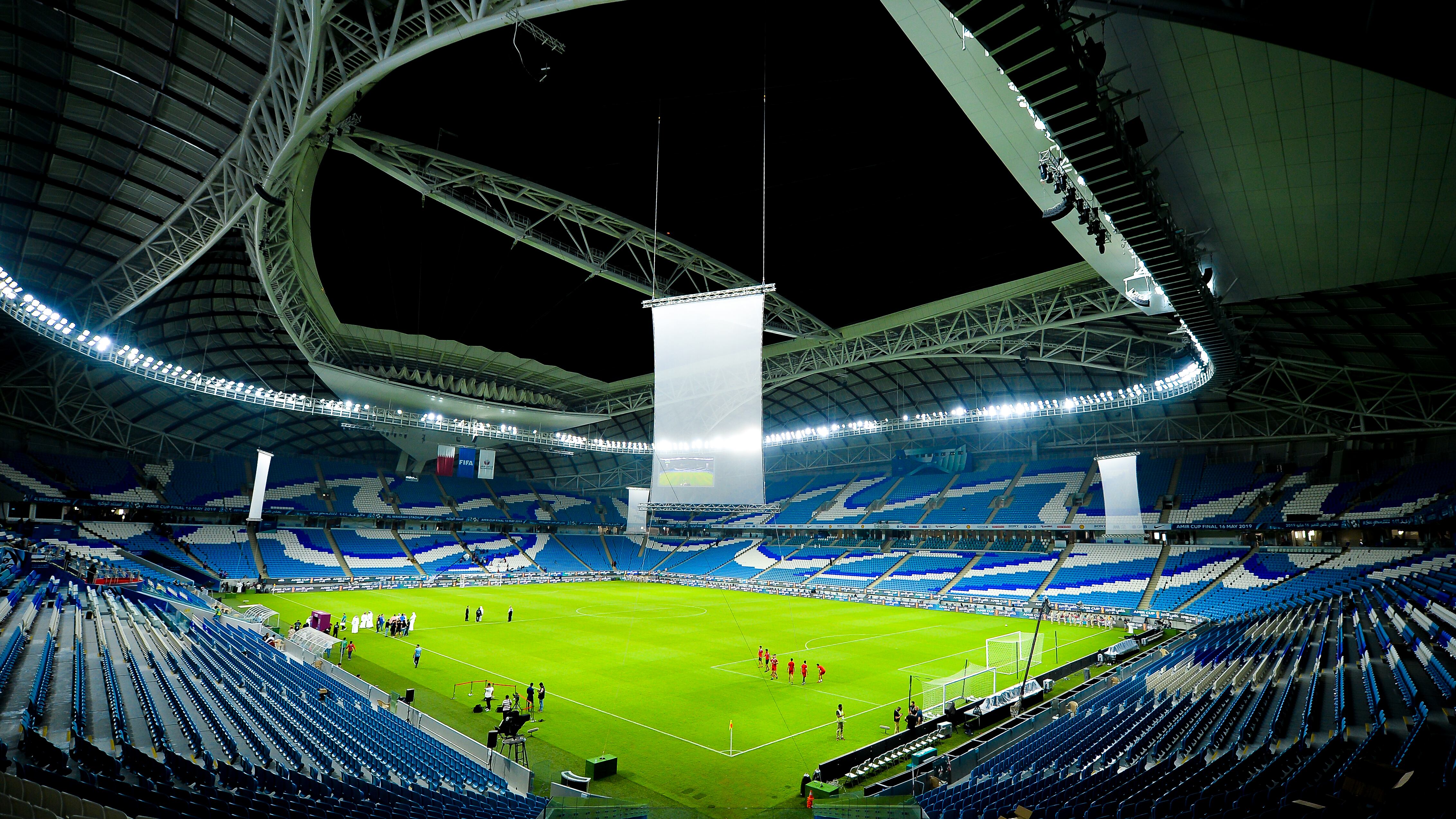When you watch the World Cup finals on Sunday, check out the turf.
All that beautiful grass came from seed grown in Oregon. Pure Seed, a company based in Canby, provided seed for all eight stadiums and dozens of practice fields in Qatar, this year’s World Cup host.
Oregon is the largest producer of grass seed in the U.S., according to the U.S. Department of Agriculture. About one-quarter of the Willamette Valley is covered in grass seed farms, according to the Oregon Seed Council. Linn County, for one, calls itself the grass seed capital of the world.
Getting grass into the World Cup finals is almost as hard as landing a team there. Pure Seed started doing trials in Qatar around 2016 to see if it had a species that could grow in an arid climate with salty soils, says Pure Seed general manager Lucas Solis.
“The playing surface has to match FIFA’s very exacting standards,” Solis says.
Pure Seed had a leg up because it’s been seeding golf courses in the Middle East for years. Its grass grows in Saudi Arabia, Oman, Kuwait and the United Arab Emirates.
“Because we were in the region, we knew what was working,” Solis says.
The trials showed that a species called Paspalum vaginatum worked best in a place where grass doesn’t grow without a lot of help. It’s a summer variety, Solis says, and it makes a great base layer. In October and November, when Paspalum slows down, field technicians plant three different perennial rye grasses to get the texture just right.
In all, Pure Seed shipped about 265,000 pounds of seed to Qatar for the World Cup. It arrived by boat in the beginning of 2022 and went into cold storage. In the past, because of logistics snafus, Pure Seed has had to fly seed to the Middle East.
Pure Seed has operations in other states, including Minnesota, and in Canada. But the seed that went to Qatar came from Oregon, as first reported by Capital Press. “Every single lot of seed that went to the World Cup came from Oregon because we have the highest quality seed production,” Solis said.
No matter the final score Sunday, Oregon won the World Cup turf war.
